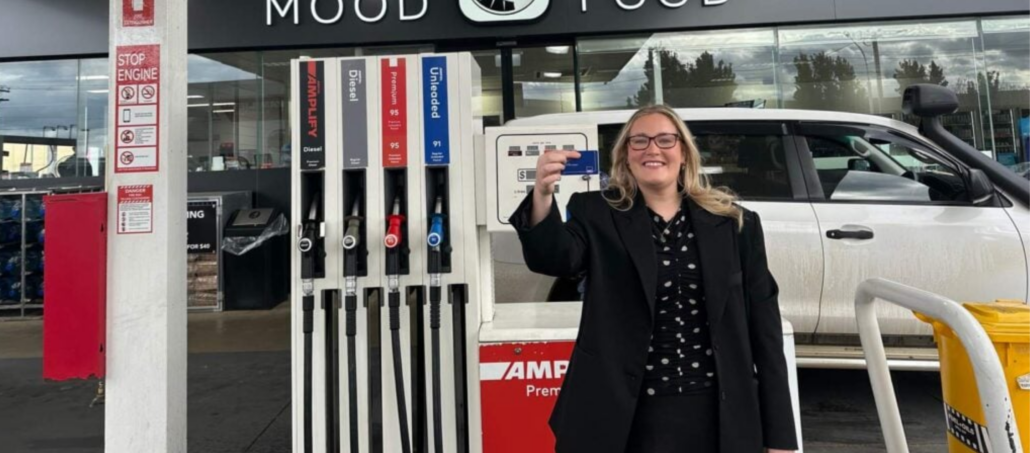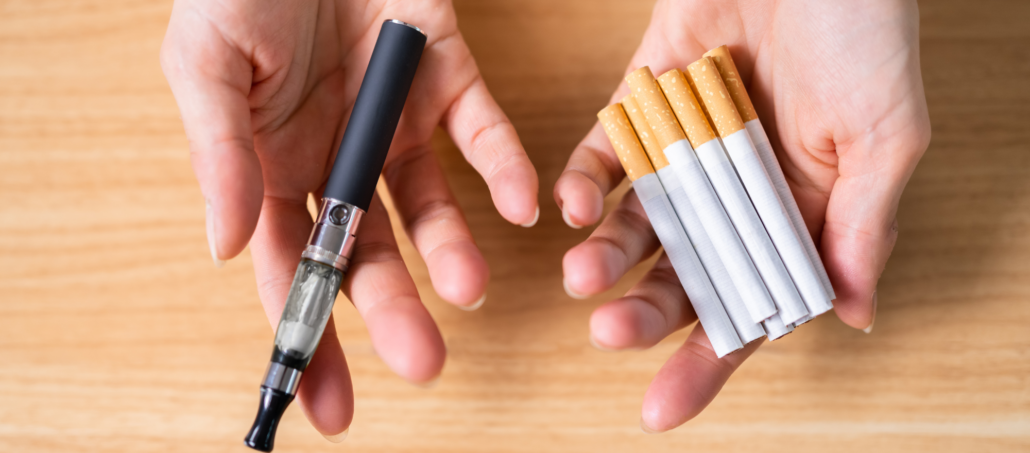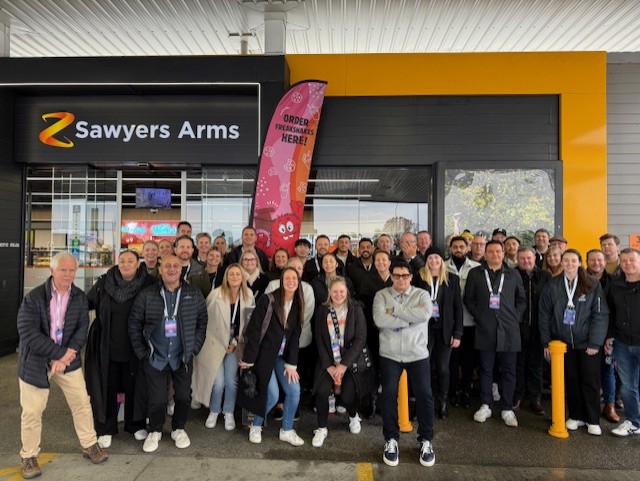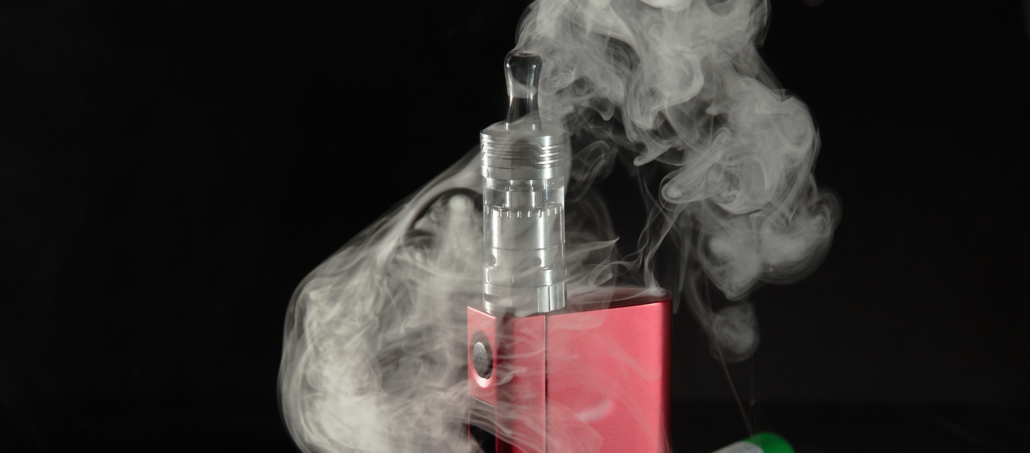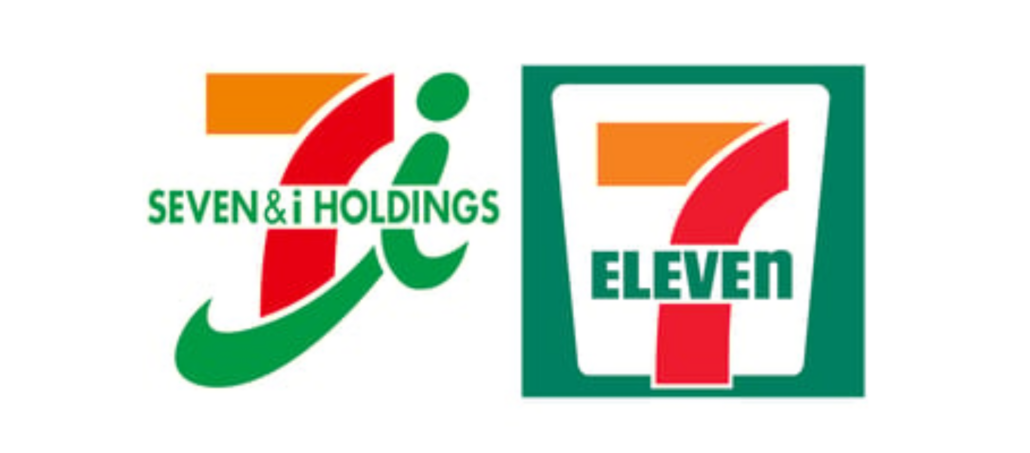TASMANIAN MOTORISTS GAIN FUEL SAVINGS UNDER NEW RACT PARTNERSHIP
RACT members can now save on fuel at two dozen locations across Tasmania under a new partnership launched today with local companies Bennett’s Petroleum and Bonney Energy. The collaboration between the three Tasmanian-grown organisations provides immediate 6-cent per litre fuel discounts at 24 service stations statewide, including popular Mood Food and Zoom Food outlets. RACT CEO Mark Mugnaioni said the partnership delivers on one of members’ most valued benefits, with plans to expand to more locations in coming months. “To be able to partner with two trusted Tasmanian-grown brands to deliver rewards for our members in one of the areas that they value most is a fantastic result,” Mugnaioni said. The initial rollout begins immediately, allowing RACT’s thousands of members to access fuel savings while the organisations work to increase both the number of participating locations and the scale of discounts available. “We know our fuel rewards are something our…
Read MoreQUEENSLAND RECORD ILLICIT TOBACCO AND VAPE BUST MUST BE MATCHED WITH INCREASED PENALTIES FOR BLACK MARKET THUGS
Responsible retailers have called on the Queensland Government and health authorities to go even harder on penalties for criminals caught trading in illicit tobacco and vapes, following the state’s record breaking bust that saw $19 million of illegal cigarettes, tonnes of loose leaf or “chop-chop” tobacco and tens of thousands of dangerous vapes taken off the streets, in a major win for community safety. Australia’s biggest bust of its kind was conducted by Queensland Health’s Operation Appaloosa and would send a huge warning to crime groups running the illicit tobacco and vape black market, Australian Association of Convenience Store Association (AACS) CEO Theo Foukkare said. “This is the biggest bust of its kind in Australia and AACS members want to congratulate the Queensland State Government and the Health department on getting this dangerous crap off of our streets and away from the state’s communities, especially kids,” Mr Foukkare said. “QLD…
Read MoreDOWN UNDER STUDY TOUR WRAP UP VIDEO
RETAILERS MAKE ELEVENTH HOUR ELECTION PLEA FOR LABOR TO FIX AUSTRALIA’S VAPING POLICY FAILURE
Fed up and frustrated retailers have called on Federal Labor to quit playing politics over dangerous, illicitvapes that are putting kids lives at risk – and match the Coalition’s policy to strictly regulate the manufacture, sale and purchase of government mandated vaping products, in the same way as tobacco and alcohol are managed. Australian Association of Convenience Stores (AACS) CEO Theo Foukkare said the Albanese Government’sfailed ban on vapes had handed crime groups a free pass to import and sell dodgy, dangerous and potentially life threatening vapes that are made in shonky Chinese warehouses and deliberately aimed at being sold to kids. “AACS supports the coalition plan that was announced almost one year ago to regulate vaping products the same way alcohol and tobacco are managed – which will mean we’ll all know what’s in them and can control how they’re manufactured and who they are sold to,” Mr Foukkare…
Read MoreRETAILERS CALL ON LABOR FOR BIPARTISAN SUPPORT OF COALITION’S PLAN TO FIGHT ILLICIT TOBACCO AND VAPE CRIME CRISIS
Retailers living and working in fear of Australia’s out-of-control tobacco wars have called on the Federal Labor Party to urgently show bipartisan support for the Coalition’s national crime policy, as the nation’s deadly illicit tobacco wars worsen. AACS CEO Theo Foukkare said reports of up to more than 3000 illegal stores, which blatantly sell illicit products in shopping strips throughout Australia, show the crime crisis is more prevalent than ever. “We are aware of about 3000 of these dodgy stores operating in plain sight across Australia and that’s after countless claims by the Albanese Government that it has a handle on this – when it clearly does not, it is worse than ever” Mr Foukkare said. The illegal nicotine market is now worth more than $7 billion per annum & growing. “Local and state governments are trying their best to combat this problem – but the reality is it is…
Read MoreSEVEN & I HOLDINGS CHARTS A PATH FORWARD
TOKYO — The future of Seven & i Holdings Co. Ltd., the parent company of 7-Eleven Inc., is a bright one — but one that will also see some changes, according to newly appointed CEO Stephen Hayes Dacus. The first foreign leader of the company shared some of his priorities and the path forward during Seven & i’s recent earnings call for fiscal year 2024. “7-Eleven is an iconic brand, and it’s the leading convenience brand in both North America and Japan. We got here in part, because our team are great merchants and innovators,” Dacus said. “Our team are humble, and they’re focused on delighting our customers. That customer focus is directly responsible for our culture of innovation.” The innovation that 7-Eleven’s merchants and operators bring to its stores is the company’s biggest competitive advantage, according to Dacus. He also highlighted the retailer’s franchisee network, and the systems and organizations that…
Read More
